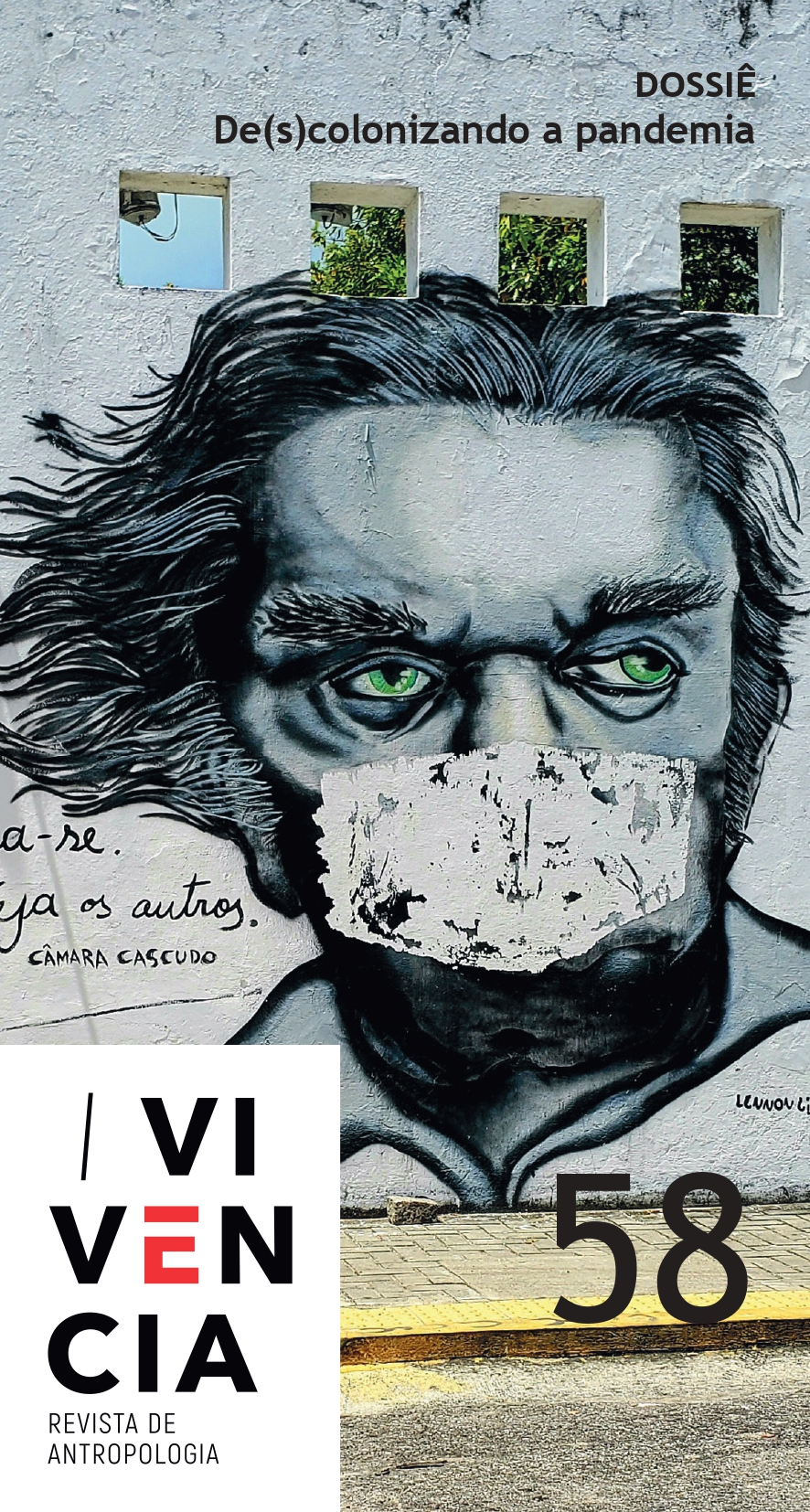WATER AND SHADE AS ABSENT MATERIALITIES SHAPING PEASANT HOUSEHOLDS IN BRAZILIAN SEMI-ARID HINTERLANDS
DOI:
https://doi.org/10.21680/2238-6009.2021v1n58ID27613Abstract
The paper focus on peasant households in Brazilian semiarid hinterlands highlighting the importance of the water and the shade to the socio-spatial organization of domestic units in their engagement with the caatinga environment. It uses a regional and diachronic approach looking into sites located between Ceará, Pernambuco and Piauí states. It discusses possibilities for absent materialities on the understanding of human-non-human relations, underlining the water’s present absence and the shadow’s absence present, around and from the house. The binomial shadow-tree inside the home garden is understood as structuring new spaces related to experiences and practices of sociability. The absence of water establishes system of objects surpassing the household’s limits while it is fundamental to the landscape construction. The connections established between the lack of water and the presence of shaded areas materialize these domestic units as significant places in which local practices were maintained throughout the 20th century, however integrating new technologies and materials to traditional knowledge and to the regional lifestyle.


 Português (Brasil)
Português (Brasil) English
English Español (España)
Español (España) Français (Canada)
Français (Canada)






